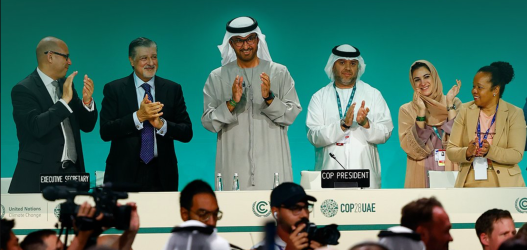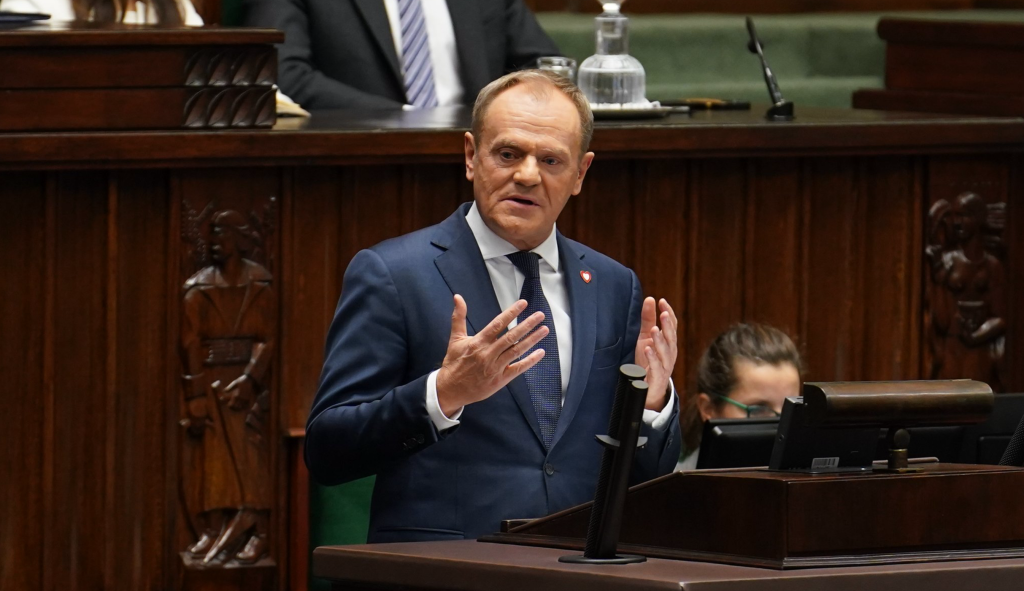
COP28: THE BEGINNING OF THE END OF FOSSIL FUELS
By Julio García
The Dubai Climate Summit (COP28) took one day longer than expected to reach an agreement, considered “historic”, on December 13, 2023, on the transition away from fossil fuels.
The text finally approved, together with the Global Stocktake (the first climate action inventory since the Paris Agreement), calls for an “equitable and orderly” transition with the aim of taking action in this critical decade and achieving net zero by 2050.
The COP28 agreement recognizes “the need for deep, rapid and sustained emission reductions in line with the 1.5 degree target” (of maximum temperature increase). Another highlight was agreeing on the goal of tripling renewable energy capacity by 2030.
The president of the Dubai conference, Sultan Ahmed Al Jaber, ultimately found the formula to avoid the blockade of countries opposed to abandoning fossil fuels, with Saudi Arabia in the lead.
The final agreement was approved by the European Union, although not in the terms proposed at the beginning of the summit, and by 130 countries which proposed going further and including the word “phase-out” in the agreement.
“We needed a new path and we have found it,” declared Sultan Ahmed Al Jaber in his speech to the COP28 plenary, after the intense negotiations that lasted until early Wednesday morning.
Al-Jaber stressed that “you have stepped forward, you have shown flexibility, you have put the common interest ahead of self-interest”.
The sultan, who has received harsh criticism at this summit for his dual role as CEO of the oil company Adnoc, stressed that “we are facing a historic package to accelerate action on climate change: we can call it the UAE consensus”.
The refusal of Saudi Arabia and other oil-producing countries to include a reference to “elimination” or “reduction” created serious tensions in the final stretch of the Dubai summit.
The final document also recognizes the need to tailor the transition “to the different needs of each country” and includes an explicit mention of “accelerating emission reductions from road transport”.
The agreement also calls for the elimination of coal production without CO2 capture systems, a point criticized by dozens of experts who question the capacity of this technology on a large scale.
This news was originally published in Aquí Europa.



